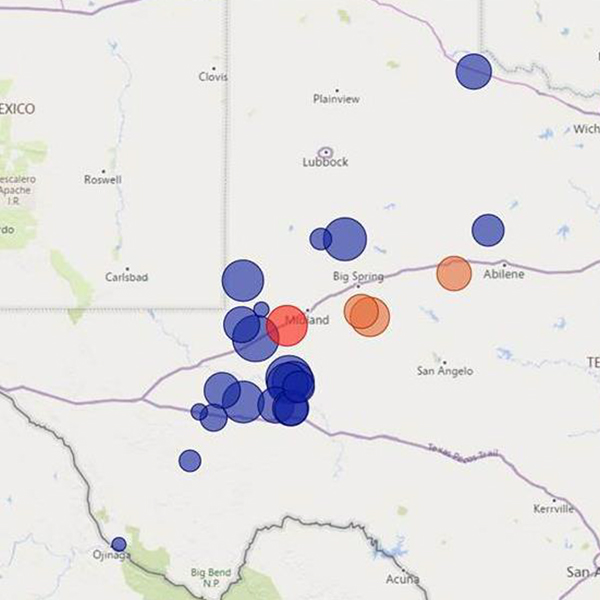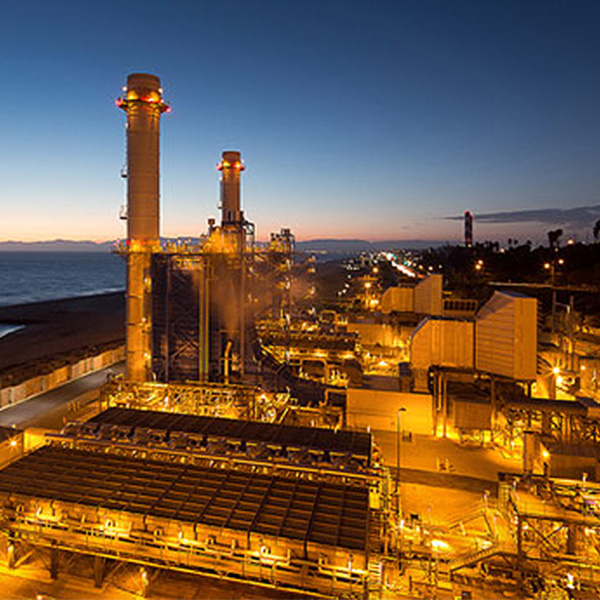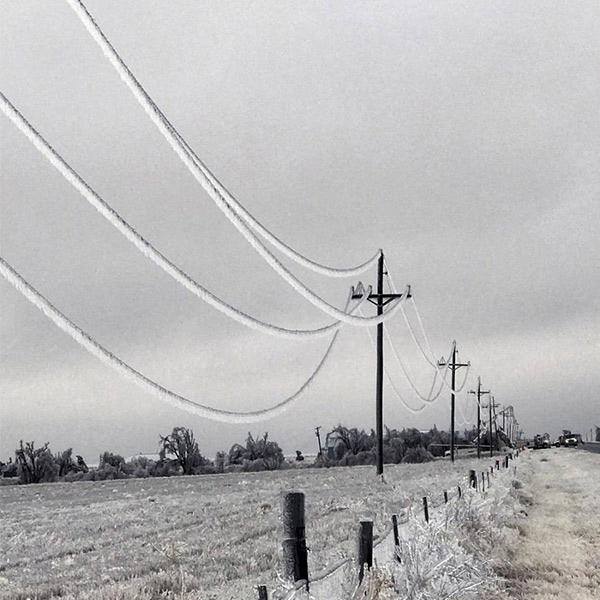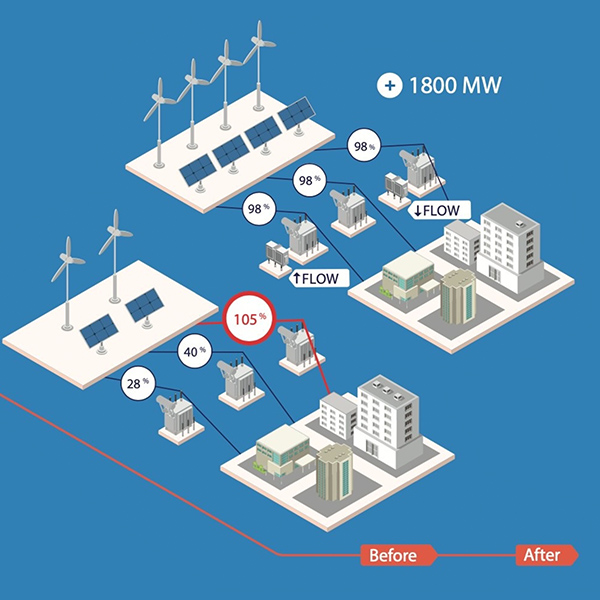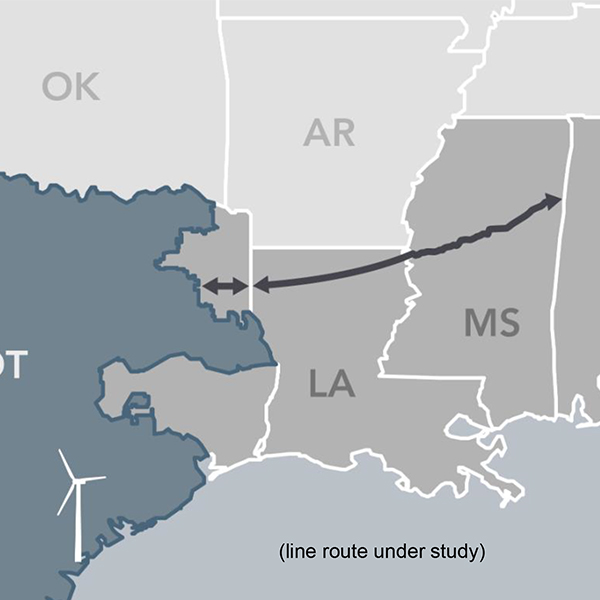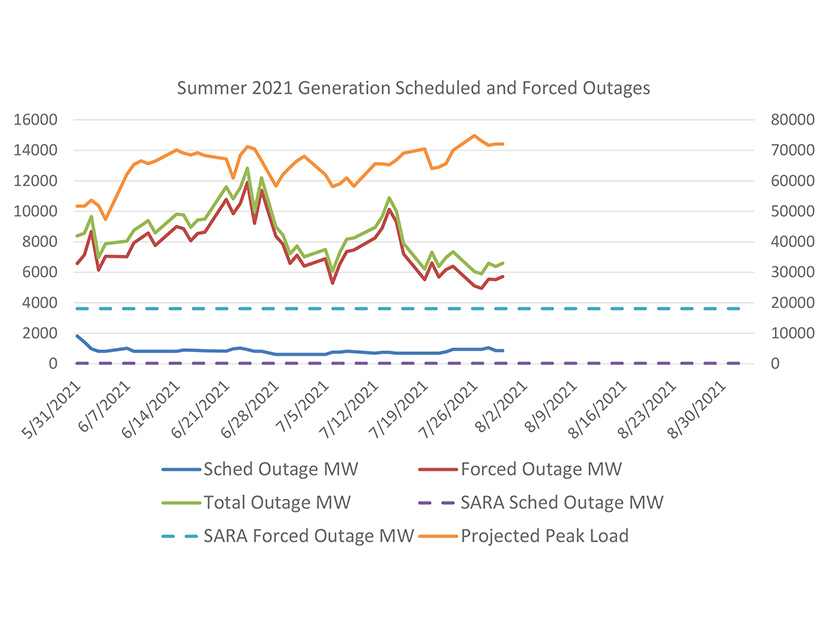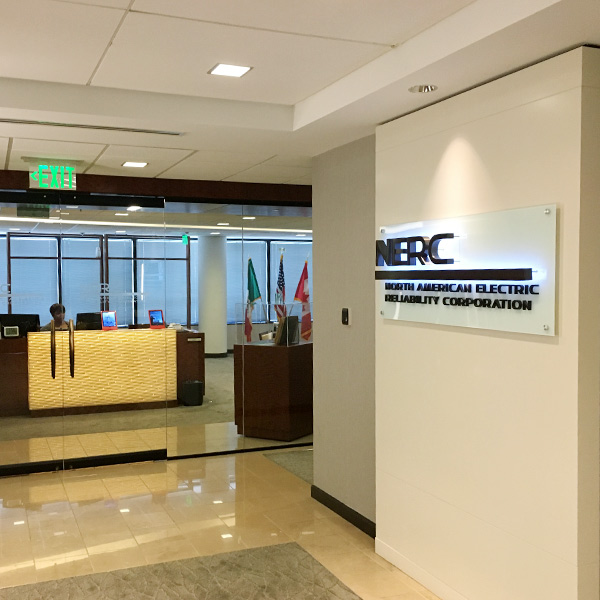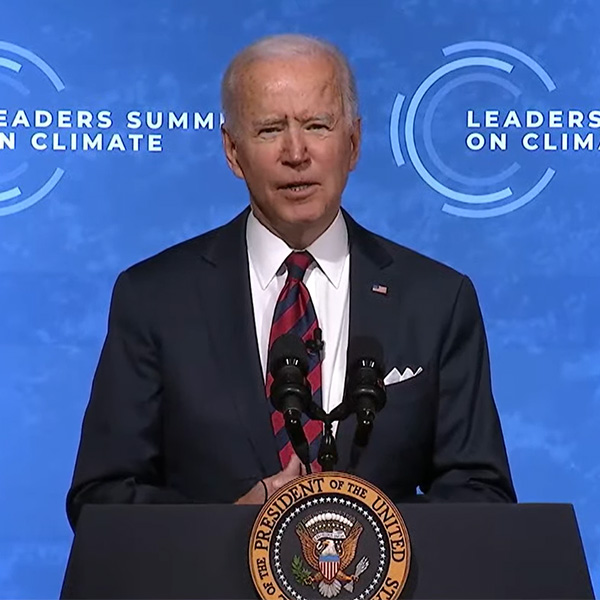FERC & Federal
The Federal Energy Regulatory Commission is an independent regulatory agency that oversees the transmission of electricity, natural gas and oil in interstate commerce, as well as regulating hydroelectric dams and natural gas facilities.
A new report from NERC and ERCOT highlights a number of failings among solar plants in Texas revealed by a voltage reduction incident in early May.
RTOs and ISOs described their strategies for using quick ramping products to offset weather-dependent renewable resources at a FERC conference Tuesday.
Energy-focused think tank OurEnergyPolicy released a set of principles stressing the importance of reliability in the clean energy transition.
Advocates of grid-enhancing technologies said “shared savings” is needed to persuade utilities to adopt low-cost investments to free up crucial transmission.
Responding to February’s devastating winter storm, Texas regulators consider ways to add ties to neighboring grids without triggering FERC oversight.
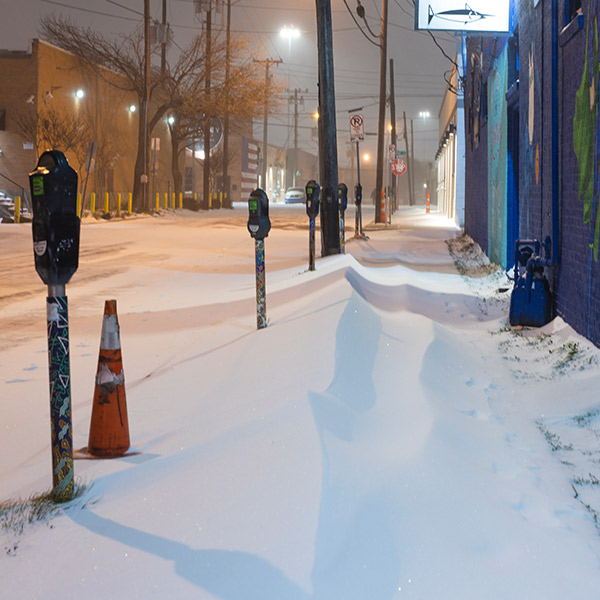
Matthew T. Rader, CC BY-SA 4.0, via Wikimedia Commons
FERC approved NERC's proposed cold weather reliability standards in an order that recognized more standards would likely be necessary in the future.
A joint inquiry on the devastating effects of Winter Storm Uri will “clearly” call for “reforms in multiple areas,” NERC CEO Jim Robb said.
FERC accepted NERC's latest compliance filing, which updates the organization's rules while clarifying its relationship with the E-ISAC.
Participants in a Friday press briefing warned that the current enthusiasm for addressing extreme weather and cybersecurity could be hard to sustain.
President Biden announced a cybersecurity initiative for U.S. critical infrastructure, building on one launched in April for the electric sector.
Want more? Advanced Search
